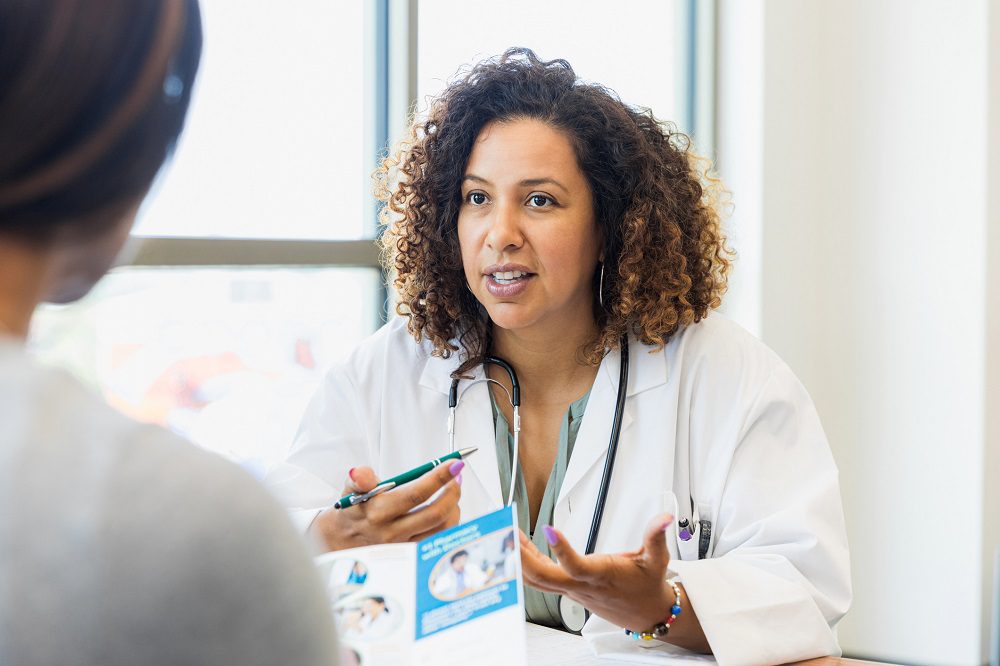Individuals with varicose veins often worry about the way they look on their legs. They may contact their doctor to get rid of the bulging, discolored appearance they cast through the skin. But they might also hold concerns that this vein disease may put them at risk of greater medical issues.
Varicose veins are largely a cosmetic problem, but you should understand how they affect your vascular system all the same. Read on to learn more about how varicose veins can impact your overall health.

How Do Varicose Veins Affect My Circulation?
Varicose veins refer to a vein disorder in which a valve within a blood vessel malfunctions. It allows blood to flow backward in the vein abnormally, which lets blood pool within the vessel. This results in the vein beginning to bulge and protrude visibly through the skin.
The most common symptom of this disease is the appearance of swollen and discolored veins. But some patients may also notice an aching or burning sensation that brings them discomfort.
While these symptoms are normal and not life-threatening, you should not ignore these concerns. Vein problems could point to a larger vascular insufficiency that may lead to more severe medical issues. For instance, if you notice more severe pain, you might have formed a blood clot.
A clot is a mass of cells that can block the flow of blood throughout the body. If this occurs, then your organs might not receive the blood they need to function properly. You might suffer from a stroke, heart attack, or pulmonary embolism in these cases.
Therefore, even if you notice minor symptoms, you should still consult a vascular doctor about your concerns. They can diagnose the issue and make sure the disease does not pose a larger threat to your well-being. Some people with varicose veins may develop skin ulcers or other secondary conditions.
Are Varicose Veins a Medical Emergency?
Varicose veins themselves are not considered an emergency. The swelling of veins does not directly correlate to a threat to your life. The risk of blood clot formation may vary for each patient. You will need an evaluation from a medical expert to determine your chances of this concern.
However, you do not have to endure discomfort in your veins. Your doctor can treat varicose veins with several types of procedures, depending on your preference.
Ambulatory hook phlebectomy uses minimally invasive incisions to remove the affected veins. They can also offer laser treatments to gently close damaged veins. Or sclerotherapy can use an injection to collapse the veins with medication.
Your doctor will examine your medical history as well as your comfort level to find a treatment that will suit your needs best. If you do experience more severe symptoms, call your doctor right away.
Dial 911 if you have extreme pain, breathing troubles, or cognitive issues. These could point to a blood clot and a medical emergency.
